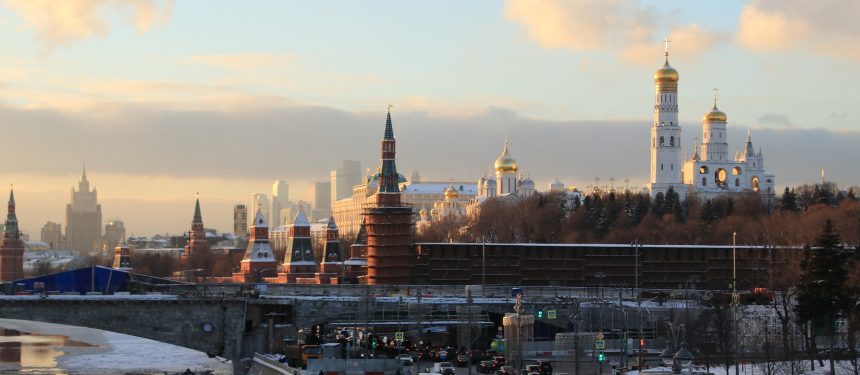The Russian government’s ambitious Project 5-100 has less than a year left to achieve its main goal of getting five universities into the global top one hundred. With only one non-project institution in the country currently making the cut, meeting the target seems unlikely. However, stakeholders say that despite this, the project has brought other benefits to higher education in Russia.
News and business analysis for Professionals in International Education
Have some pie!
Russia: HEIs push for global recognition
 The Russian government is pushing for greater global recognition of the country's higher education institutions. Photo: Pixabay
The Russian government is pushing for greater global recognition of the country's higher education institutions. Photo: Pixabay “The universities have been building their research capacities, developing new educational programs that are up to the highest international standards, improving their management policies, and investing in internationalisation,” Daria Yuryeva of Project 5-100 told The PIE News.
“Rankings seem to play a big role in shaping the opinions of current and potential students”
Project 5-100 began in 2013 with fifteen universities, with six more added in 2015, supported by generous government funding. Today only Moscow State – the country’s top university, which is not involved in the project – sits in QS’s top one hundred rankings, in 84th place. It also appears 87th in the Shanghai Rankings and 199th in those from THE.
Nine of the project’s universities are now in the top 400 universities globally compared with just two in 2012.
“It is beyond doubt that rankings have become a significant part of the tertiary education landscape, both globally and locally. Rankings seem to play a big role in shaping the opinions of current and potential students, parents, and employers about the quality of tertiary education institutions,” Yuryeva continued.
“One of the goals of Project 5-100 is to maximise the competitive position of a group of leading Russian universities in the global research and education market.”
To encourage greater numbers of international students, Russia offers free tuition to 15,000 international students each year, and more than 500 universities in 80 cities accept foreign students.
According to the Russian Federal State Statistics Service, there were 260,100 international students enrolled in degree programs at Project 5-100 institutions in the academic year 2017-2018. The bulk of these students comes from the Commonwealth of Independent States nations such as Kazakhstan, Turkmenistan, Uzbekistan and Tajikistan.
However, Russia has also seen growth in incoming students from elsewhere in Asia, the Middle East and South America.
Attracted by affordable tuition, two fifths of students study engineering and medicine, while over one in ten study Russian as a foreign language.
The last few years also have seen an increase in the availability of English-taught programs, particularly MAs. To attract foreign students Russia is developing more joint programs with international partners, student exchange programs and online courses, as well as investing in the professional development of staff.
“Project 5-100 is one of the few incentives the Russian government has created for Russia’s universities to revive schools of sciences, put together multidisciplinary research teams and build innovation clusters,” Yuryeva added.
“These institutions have been able to attract better-qualified students, halt staff ageing and increase research productivity.
“Project 5-100 is enabling 21 Russian universities to move forward… The launch of this initiative gave a salutary jolt to the country’s higher education system, causing universities to reassess their performance, start benchmarking themselves against the best international institutions and set new, quantifiable objectives.”
Still looking? Find by category:


